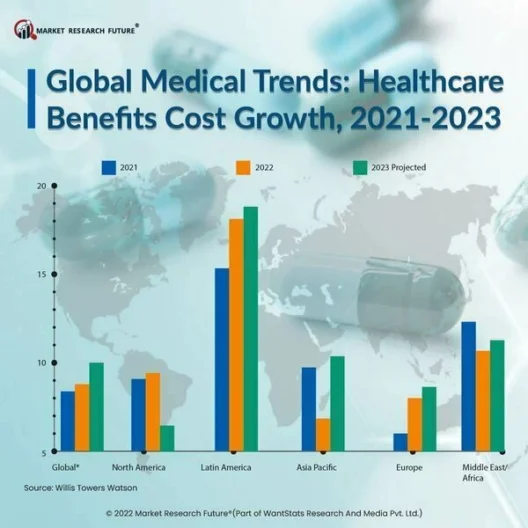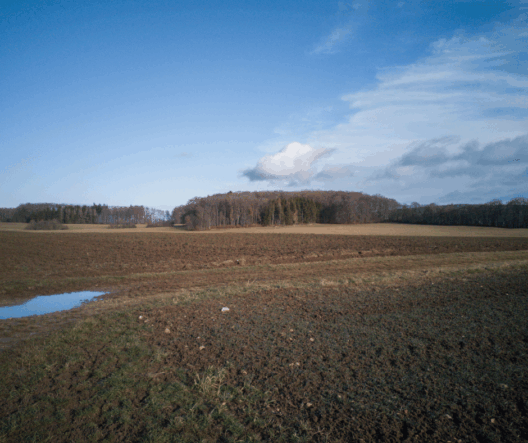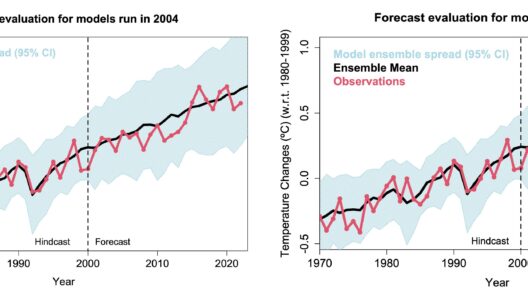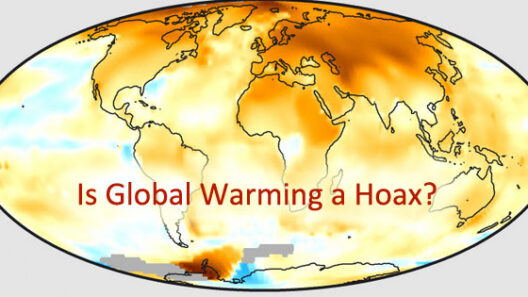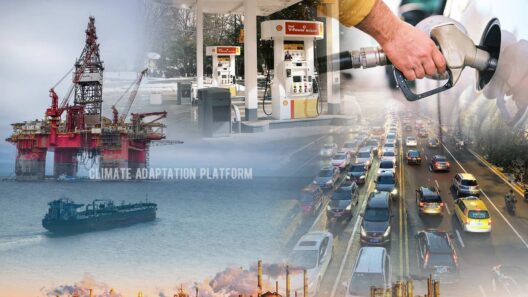In the United States, the discourse surrounding climate change has evolved into a multifaceted dialogue that delves into the convictions, apprehensions, and motivations of the populace. The inquiry into what Americans truly believe about global warming reflects not only individual stances but also societal norms, policy implications, and collective action. By examining the prevailing perceptions, we can uncover the underlying currents shaping public opinion and the potential for transformative change.
The landscape of American beliefs about global warming is not monolithic. A considerable segment of the population acknowledges that climate change is an urgent reality. Polls indicate that a majority of Americans express concern about the impacts of rising temperatures, erratic weather patterns, and increasing natural disasters. This recognition may resonate with those who have experienced firsthand the ramifications of climate fluctuations, such as severe hurricanes, prolonged droughts, or unexpected floods. Personal experiences frequently act as catalysts for deeper environmental consciousness.
However, this recognition is often juxtaposed with skepticism. A notable proportion of Americans remains ambivalent, questioning the certainty surrounding climate science. This skepticism can be attributed to multiple factors, including political affiliation, economic interests, or informational divides. The urban-rural divide further complicates the narrative; individuals living in urban areas may have greater access to education and resources regarding environmental issues compared to their rural counterparts, who may rely more heavily on industries directly impacted by climate policy.
Political polarization plays a significant role in shaping perceptions of climate change. While Democrats predominantly acknowledge the urgency of the climate crisis, many Republicans exhibit skepticism or outright denial. This ideological schism is further fueled by the powerful narratives circulated by various media outlets and interest groups that either magnify or downplay the credibility of climate science. Consequently, public discourse can often feel like a battleground between competing ideologies rather than a constructive dialogue aimed at collective understanding.
Despite these divisions, there is a shift in perspective that cannot be overlooked. Younger generations, particularly Millennials and Gen Z, are leading a climate-conscious movement that prioritizes environmental sustainability. This demographic is more likely to support policies aimed at reducing carbon emissions and endorsing renewable energy initiatives. They are informed, interconnected, and passionate about advocating for climate justice, often viewing the crisis as intertwined with social equity, economic disparity, and public health. Their activism brings a fresh urgency to the conversation and emphasizes the need for immediate action over the traditional “wait and see” approach.
Moreover, grassroots movements have surged in popularity. Initiatives such as the Youth Climate Strike and other community-based environmental actions have garnered significant attention and participation. These movements amplify the voices of those who are often marginalized in the climate conversation, including Indigenous peoples, low-income communities, and people of color. They challenge the status quo and advocate for an inclusive dialogue that considers the diverse impacts of climate change across different demographics.
Importantly, the belief in climate change is intricately linked to trust in scientific institutions. As climate scientists continue to publish pivotal research highlighting the human contribution to climate change, the credibility of this evidence becomes paramount. Public awareness campaigns can bridge the gap between science and everyday life, translating complex data into relatable narratives. By fostering an understanding of how climate change influences local communities, individuals can connect with the issue on a personal level, ultimately motivating them to engage in climate advocacy.
Education is another essential component of enhancing the public’s relationship with climate science. Schools and universities play a crucial role in shaping the minds of future generations, equipping them with the knowledge and tools necessary to confront environmental challenges. Incorporating comprehensive climate education into curricula encourages critical thinking, cultivates informed citizens, and fosters a sense of responsibility toward the planet. In addition, local workshops, seminars, and community forums can further disseminate knowledge and engage communities in dialogues about sustainable practices.
While the United States grapples with its beliefs about global warming, there lies an undeniable potential for transformation. Individuals who recognize the gravity of climate change must unite and galvanize their efforts toward collective action. This includes advocating for policies that prioritize environmental integrity, supporting renewable energy initiatives, and engaging in sustainable practices within their communities. The growing momentum cannot be understated; as more Americans become aware of the tangible effects of climate change, the impetus for solutions intensifies.
In summation, the dialogue surrounding global warming in the United States is complex and varied. Understanding the spectrum of beliefs, from recognition and acceptance to skepticism and denial, provides valuable insight into the broader societal landscape. As public opinion continues to evolve, a unified effort to promote climate awareness and action can pave the way for a more sustainable future. By harnessing the passion of younger generations, fostering inclusive conversations, and prioritizing education, the United States can shift from a divide to a collaborative pursuit of environmental solutions. The stakes are high, but the promise of change lies within the collective resolve of its people.




